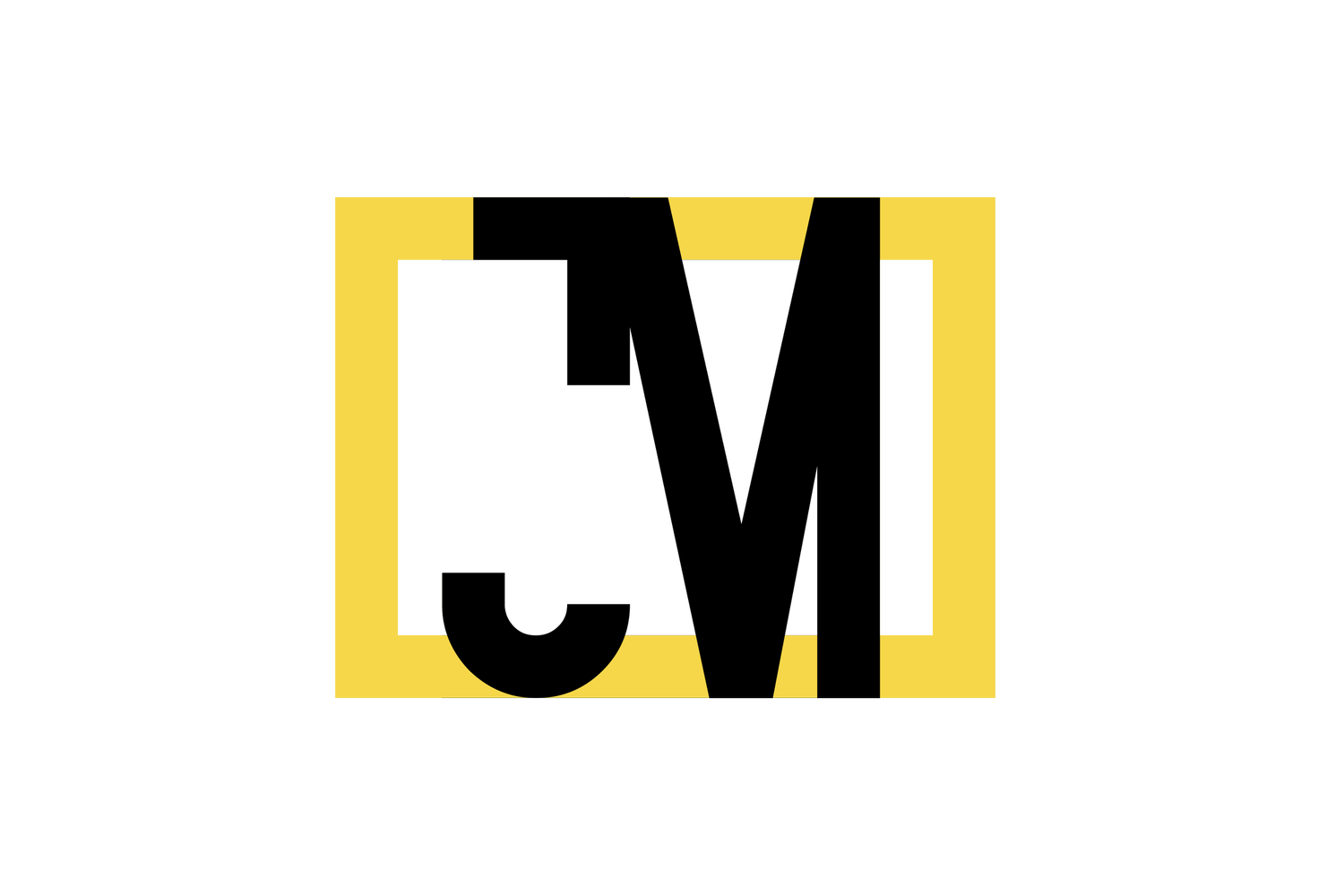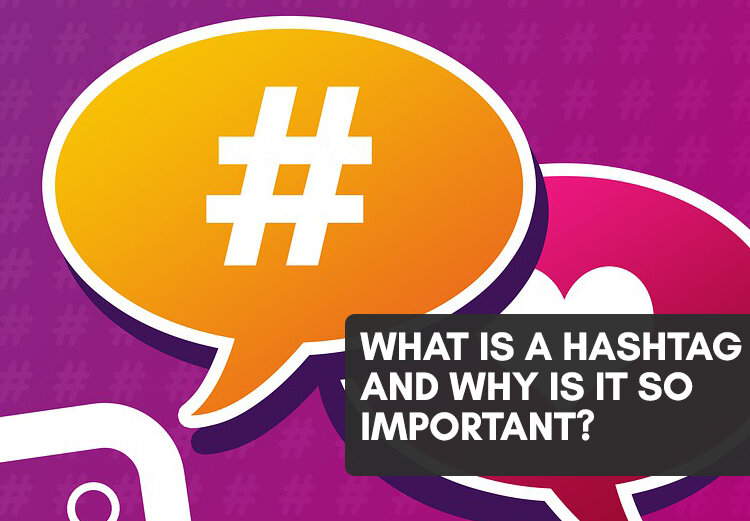What once was called the pound sign for calling a family member is now a social media phenomenon known as the hashtag. A hashtag (#) is a label that is used on social media to make it easier to find posts with the same theme or specific content. A lot of people use hashtags to reach their target audience and to help their members filter through information.
Did you know that hashtags were first created almost 12 years ago? Ever since the hashtag was created, it has become very rare to see a social media post that doesn’t use them, especially on Twitter and Instagram. It was first used to create and categorize groups and have rapidly become more popular from there. Not only have hashtags become an extraordinary marketing tool for businesses, but also for organizations, celebrities, and to individual people looking to grow their following.
Hashtags are important for many reasons. For instance, using hashtags helps with branding and visibility. If you are an entrepreneur or small business owner, you NEED to start using hashtags. Let’s look into a possible scenario where hashtags can help with your branding and visibility. You are a real estate professional who posts videos on Instagram every Monday recapping events that have happened over the weekend. You call this video, “The Monday Recap.” A great hashtag to use for all of your followers to find your Monday recap videos would be, #themondayrecap. Using this hashtag allows your current followers to know how to access these videos. These videos can also be shared throughout the entire Instagram platform. This is a great way to brand yourself and show visibility to Instagram users. Not only can you create personal hashtags like this one, but you can use popular hashtags such as #realestate in your posts to build a more broad following. However, you will need to do your research to figure out what hashtags in your industry are the most popular.
When it comes to researching hashtags, you must know who your audience is and what they enjoy the most. If you are just throwing random hashtags that you see in posts every once in a while, you are wasting the space for hashtags that could help brand you the right way. Instead, go through your audience and see what hashtags they are using and choose the ones that fit best with the content you are posting. Not only should you research your audience, you should research your competition as well! What hashtags are they using? Is the competition low or high (how many people are using this hashtag)? Now we are not saying to copy their exact hashtags but this is a great way to get a hint on what your current and potential audience is looking for. When it comes to researching specific hashtags, you need to know if the hashtags are high or low in competition like mentioned previously. Some great sites for this would be Hashtagify and Brand24. We recommend using a mix of both high competition and low competition hashtags.
You may be asking, “how many hashtags should I be putting in my posts?”
Well, when it comes to the amount of hashtags you should use, the maximum is 30 but do not use that many!! It is recommended to use between 8 and 11 for the best engagement on Instagram and 2 on Twitter. When it comes to Facebook, hashtags are not recommended as you do not have to search for a specific hashtag to see a specific post, you can just simply search for a keyword without the hashtag symbol (or pound sign if you miss the olden days).
Once you have done your research and have your set of hashtags, start exploring and taking note of your engagement. If you are seeing a higher engagement with the new hashtags, this means you are on the right track. If you are seeing that your engagement is decreasing and you are losing followers, try switching up the keywords. You do not need every single post to have the same list of 10 hashtags. Just make sure the keywords you are using correlate with the post you are creating.
All in all, it is going to take a lot of trial and error before you know what exactly works. In this day in age, what worked last Tuesday doesn’t necessarily mean it still works today. Social media is constantly evolving so stick with it!
-Courtney, Marketing Assistant


